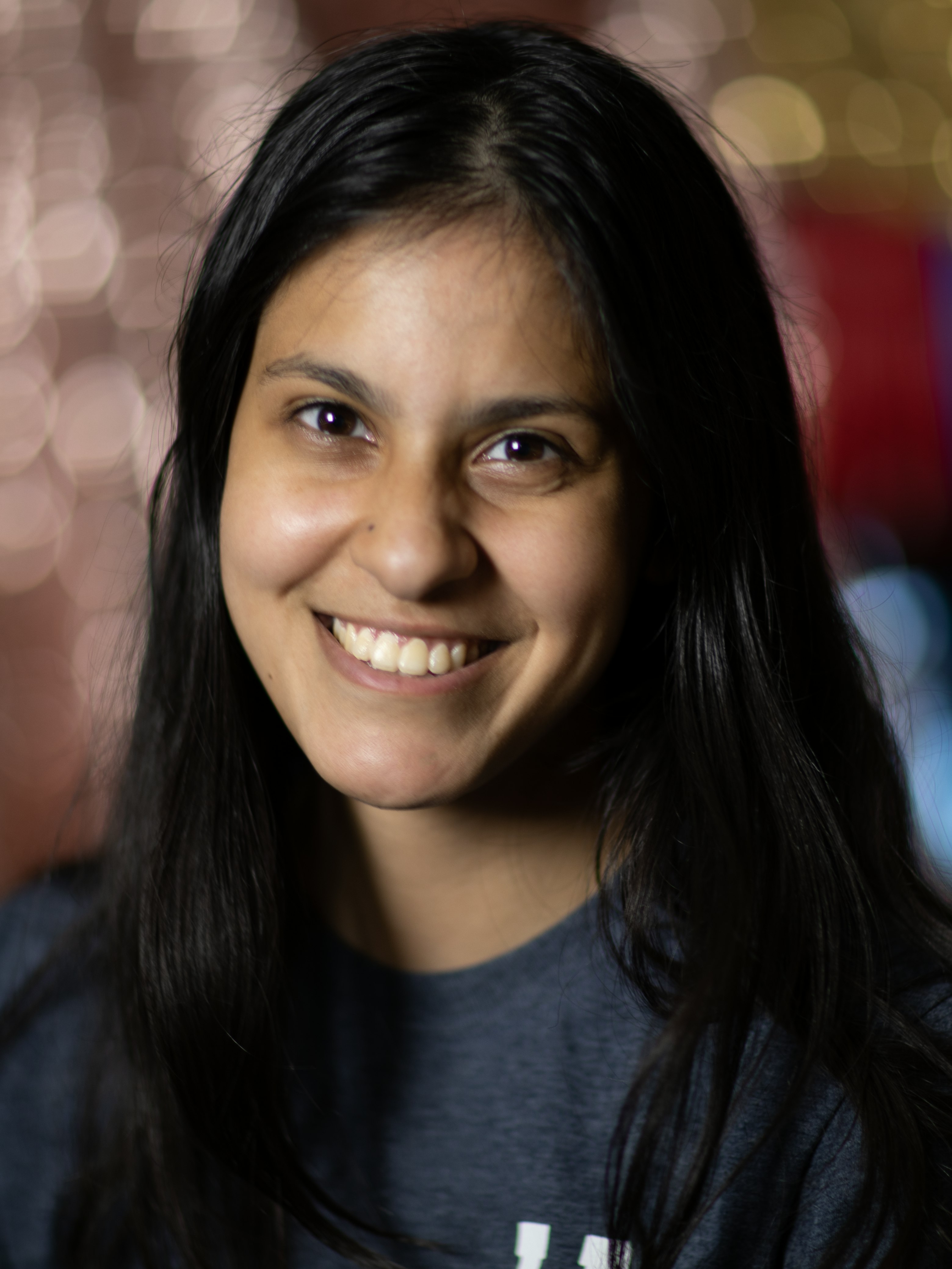A New Voice of Leadership at Radcliffe

As a lead mentor for Harvard Radcliffe Institute’s new Emerging Leaders Program, Shivani Aggarwal ’21 is working to create a leadership development and civic engagement curriculum that will connect local high school students to Harvard undergraduate mentors and the resources of Radcliffe and the Schlesinger Library. In addition to her role at the Institute, Aggarwal, whose classroom focus is integrative biology, is spending the summer conducting research on diversity and discrimination in the digital age as part of a Harvard Business School program.
How would you describe the Emerging Leaders Program and its goals?
We’re asking how we can bring Harvard students together with the local community, specifically looking at serving young women and those who might not otherwise have access to leadership development opportunities, and how we can leverage Harvard Radcliffe Institute’s unique history as an institution and its resources, like the Schlesinger Library, to give the most value to students. We want to do this outreach in the form of mentoring because we know mentorship can be quite powerful in inspiring people who perhaps haven’t thought of themselves as leaders to make change for themselves and others. Eventually, we hope to have one of the components of the program be a social impact project.
What does the position of lead mentor entail?
In the spring, the Institute was looking for two Harvard upperclassmen who had prior interest and experience with this kind of mentoring to serve as lead mentors. We review and develop the curriculum and program content to make sure the lessons are clear and to determine whether there is anything missing so that both the high school students and the Harvard undergraduate mentors are set up for success. We know that we are eventually going to be recruiting rising sophomores and juniors at the College so we want to be able to build community among the mentors and make it feel like a true cohort.
It’s strange for me to think of myself as an older Harvard voice, but we are going to be the older Harvard undergraduates helping mentors to understand their leadership style and what it means for them to create impact.
Not only are you playing an integral role in building this program, but you are now having to adapt your original plans to changing circumstances and the announcement of a virtual fall. What have some of the challenges been both in terms of conceiving the program and in designing it for a remote experience?
One of the main challenges is how we can bring together the Harvard students and the high school students in a way that will have value for everyone in this rapidly changing environment we’re in. The resources at Harvard Radcliffe Institute are a huge part of the program, so one thing we have to do is reconsider how we will access those archives digitally. We had planned to start the mentoring mid-fall, but our timeline has changed pretty drastically, so the lead mentors are working through the summer to adapt the curriculum that we created in the spring. Mentor training will happen in the fall and mentorship sessions will start in the spring of 2021.
We’ve also seen just how topical some of our original lesson plans are. One of the modules in the leadership curriculum is related to social media and digital activism and because of the momentum of the Black Lives Matter movement during quarantine, we will be able to go back to that lesson and incorporate current events.
You are going to be graduating in the spring, but you have this unique opportunity to help shape the Emerging Leaders Program and to connect Harvard undergraduates, local high school students, and Harvard Radcliffe Institute. What do you hope to contribute and what do you hope the program’s impact will be?
I’m just very excited to be part of this program during my final year. It feels like such a wonderful opportunity to reflect on the ways I’ve grown in my time here and to see how Harvard Radcliffe Institute, College undergraduates, and the community can form a sustainable connection. I think there’s a lot of learning to be done: undergraduates from the Institute, mentees from mentors, and mentors from mentees. I think the potential in those connections in really untapped. It has also shown me how, as college students, we can often forget the broader Cambridge and Boston community. Now, more than ever, we need leaders, and we need leaders with different voices. An unconventional program like this that is coming from a unique institution like Harvard Radcliffe Institute can be a really positive force.







